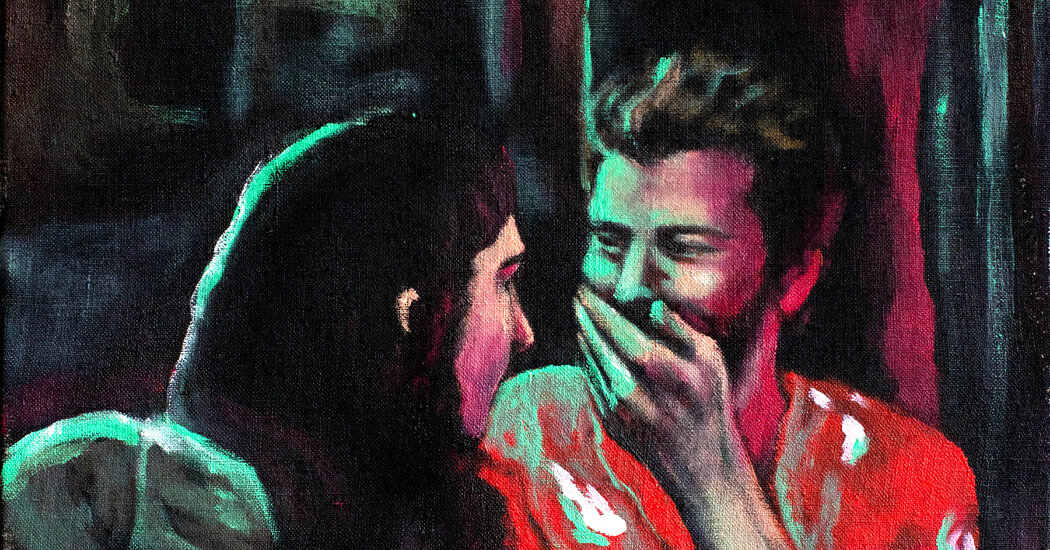Since queer characters are today put at the center of many more stories than they used to be, it’s probably no surprise that most of the attempts to revive the Gay Best Friend are period pieces — including “And Just Like That … ,” which, for all of its contemporary inclusiveness (there are nonwhite and nonstraight “Sex and the City” ladies now!), still has one Manolo Blahnik planted firmly in the late ’90s. In the second season, Anthony is granted a boyfriend, a handsome, sweet, literary, affectionate, prodigiously endowed Italian poet decades younger (honestly, even as wish fulfillment, it’s a lot). It feels like the writers, afraid that that status of Gay Best Friend is now fatally lacking in dignity, decided they needed to turn Anthony into a replacement Samantha Jones (after Kim Cattrall, the actress who played the character, refused to rejoin the reboot). But you can still feel where their hearts are — with Anthony when he’s at lunch with the ladies, saying things like “The universe is a bitch!” or sitting at home alone, desperately waiting for one of them to call and invite him to be a plus-one to the Met Gala. That’s who they, and we, want him to be. And “The Gilded Age,” which wrangled itself a third season in part by unexpectedly becoming a kitschy hit among gay men, is also striving to have it both ways. The show’s creator, Julian Fellowes, lets himself have grand fun with Nathan Lane as the society string-puller Ward McAllister, using his lubricious drawl and insinuating gleam to map out social strategies with the ladies, but he can’t bring himself to make the character officially gay (although Lane, as always, knows exactly how to subtextualize what he’s been given). It’s much more pleasurable than the show’s official gay story line, a dull, earnest B plot about a character not being able to live his truth (yeah, it was 1883, we get it).
What’s still missing, though — and what’s hard to picture — is the Gay Best Friend in 2024. What does he look like, and what does he want? Nobody seems able to decide if he’s regressive, or interestingly retro or so politically incorrect that his arrival would count as subversive … and therefore very correct. This is an era of constant mandated affirmation and, in gay pop culture (honestly, in all pop culture), that’s frequently shorthanded as “You’re a star, baby!” You’ll hear that line often on the most venerable of all gay TV series, “RuPaul’s Drag Race,” now in its 16th season, which can sometimes resemble a group therapy meeting in which it’s always everybody’s turn to talk, to narrativize their lives as the triumphant surmounting of exhaustively enumerated adversities. The idea that any of Ru’s queens would see themselves as mere ladies-in-waiting is anathema to the premise, and to much of current gay culture; it’s a world in which also-rans are immediately rebranded as all-stars, then brought back for more showcasing. In that context, the celebration of a gay character as marginal — the thing we all fought very hard not to be treated as — feels so unthinkable that maybe it could now qualify as an interesting new flavor; so much of pop culture still excludes gay men entirely that sticking us where we no longer belong might qualify as daring.


